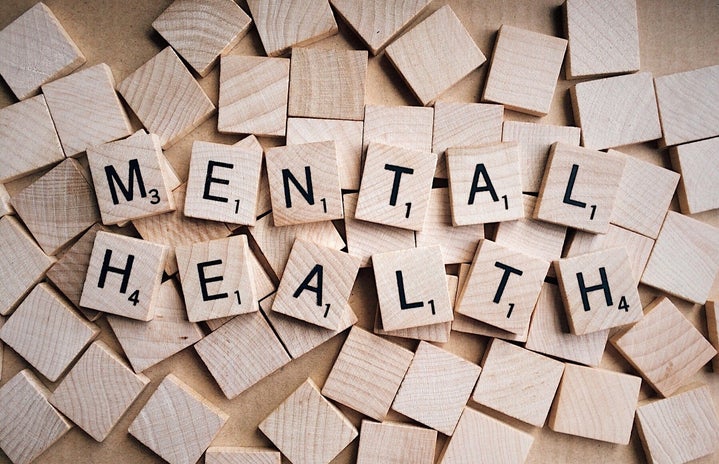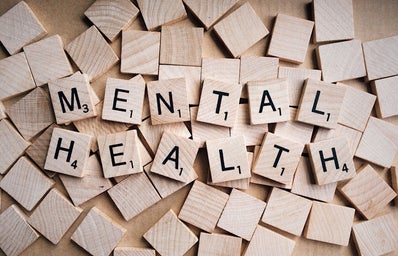As we all know, there is a large stigma surrounding mental health issues for all genders. However, the stigma surrounding men’s mental health issues has not been talked about enough. According to Mental Health America (MHA), there are five major mental health issues impacting men: depression, anxiety, bipolar disorder, psychosis and schizophrenia, and eating disorders. Why is it that these extremely impactful problems are going unnoticed? A first year at Santa Clara stated that “men’s mental health is often overlooked and men don’t seem to have many outlets to share their experiences and or problems. In many groups of men, where showing emotions can be seen as a sign of weakness, sharing one’s emotions can be seen as taboo and can worsen one’s mental health.”
When looking at depression, MHA reports that over 6 million men suffer from depression each year, which often goes undiagnosed. MHA has attributed this to the societal pressure of men having to hide their emotions and feelings. This leads to the statistic that men are four times as likely to die by suicide than women. In 2010, 38,364 Americans took their own lives and over 75% of those people were men. Gay and bisexual men are also at a higher risk for death by suicide, specifically before the age of 25 years old.
In 2015, The American Psychological Association reported that 9% of men in 2015 in the US have daily feelings of sadness or anxiety; one in three of them took medication as a result of those feelings. Of the men in the United States, 30.6% of them have suffered from depression in their lives.
All of these statistics seem pretty alarming, right? These stats are a call to action for women to genuinely better support the men in their lives. It doesn’t have to be difficult or time-consuming to simply check in on someone. Here are a few easy ways to check in on the men in your life:
- Ask them how they are without the acceptance of a one word answer. If the response is something quick, dig a little deeper. This shows you care and actually want to listen to them.
- Tell them that they can talk to you, or, if you do not have the capacity currently in your life to do so, refer them to someone that can.
- Stop using the phrases: “man up” or “be a man” to your friends and family. These are some of the root causes of societal pressures, which cause men to conceal emotions or deny help.
It is crucial that we are there for those we love in their time of need. So, be sure to let the men in your life know that you are there for them.

